Dental Care: What Constitutes a Dental Emergency?
What is considered a dental emergency? Know the symptoms and act quickly with expert guidance. Keep your smile safe today!
Have you ever had sudden tooth pain and wondered if it was serious enough to call a dentist right away? Dental emergencies can strike without warning and lead to severe problems if ignored.
Knowing what is considered a dental emergency can help you act fast and protect your health. From knocked-out teeth to painful infections, some symptoms shouldn't wait. Today, we're taking a closer look at the signs of urgent dental care, how to respond, and more!
What Is Considered a Dental Emergency?
Some issues can wait for a regular appointment, while others need urgent care to prevent lasting damage or infection. So, what is considered a dental emergency?
Three common types of issues often require emergency dental treatment:
- Severe pain or swelling
- Injuries involving broken or knocked-out teeth
- Signs of infection, including fever or drainage
Severe Pain or Swelling
f you're dealing with constant, intense pain that doesn't go away, that's a sign something's wrong. This kind of pain might mean:
- A deep cavity
- Nerve damage
- A cracked tooth
Swelling can point to an infection or an injury that's growing worse. Waiting too long could lead to bigger problems or even spread to other areas of the body.
Injuries Involving Broken or Knocked-Out Teeth
Any trauma that leads to a broken, chipped, or completely lost tooth is a dental emergency. Quick action can often save the tooth.
Even a cracked tooth with no pain could have damage beneath the surface. That kind of injury can lead to infection if it's ignored.
Signs of Infection, Including Fever or Drainage
An abscess or infection in the gums, jaw, or tooth needs immediate dental care. If you notice pus, swelling, or a fever, those are warning signs.
These are urgent oral health emergencies. Some infections can move beyond the mouth and affect other parts of your health if they're not treated quickly.
Common Signs of Dental Emergencies
Some symptoms point clearly to oral health emergencies. Three signs of dental emergencies are:
- Sudden or intense pain
- Swelling in the mouth, face, or jaw
- Bleeding or pus that won't stop
Sudden or Intense Pain
Pain that hits quickly or keeps getting worse is one of the top signs of dental emergencies. It might feel sharp, throbbing, or deep in the jaw.
The cause could be a damaged nerve, a cracked tooth, or even an infection. If the pain doesn't go away with over-the-counter medication, it needs urgent dental care.
Swelling in the Mouth, Face, or Jaw
Swelling that comes on fast or keeps growing is a sign that something under the surface isn't right. It might be from an abscess or an injury that's not healing.
Swelling in these areas can lead to serious problems if left untreated. Emergency dental treatment is often needed to drain an infection or remove pressure.
Bleeding or Pus That Won't Stop
Bleeding gums after brushing can be common. But if the bleeding is heavy or doesn't stop, it's different. That kind of bleeding could mean damage to the gum tissue or a deep infection.
Pus or any kind of oozing is also a warning. These are signs the body is fighting something serious, and immediate dental care is needed.
When You Need Immediate Dental Care
Some situations can't wait. When certain problems come up, you need emergency dental treatment right away. There are a few common types of issues that call for immediate dental care:
- Tooth abscess or infection
- A tooth that has been knocked out
- Heavy bleeding or major injury to the mouth
Tooth Abscess or Infection
An abscess is a serious condition. It's a pocket of pus caused by a bacterial infection deep in the tooth or gums.
You might feel throbbing pain, notice swelling, or have a fever. Sometimes, the infection spreads to other areas of the body, which can be dangerous.
This is an oral health emergency that needs urgent dental care. The dentist may need to drain the abscess, give antibiotics, or remove the infected tooth.
A Tooth That Has Been Knocked Out
Losing a tooth from an accident or sports injury can be scary. But if you act fast, the dentist might be able to save it. Time matters.
The faster you get to a clinic, the better your chances. Keep the tooth moist and handle it carefully. This kind of trauma should always be treated as an emergency.
Heavy Bleeding or Major Injury to the Mouth
Bleeding that doesn't stop or injuries that affect the lips, tongue, or gums need fast care. Sometimes, this kind of damage means there's a deep cut or broken tissue.
Waiting too long can
lead to infection or more bleeding. In some cases, people may need stitches or other emergency dental treatment to help the mouth heal properly. These types of problems should never be ignored.
Conditions That Feel Urgent but Can Wait
Worn enamel, exposed roots, or even recent dental work can cause tooth sensitivity. If the pain is dull and doesn't get worse, it's usually safe to wait. Try avoiding cold or sweet foods and use a soft-bristled toothbrush until you can be seen.
It can be uncomfortable when a filling or crown falls out. The area might feel sharp or strange.
Still, this kind of problem doesn't usually lead to major damage if it's addressed within a few days. Keep the area clean and avoid chewing on that side.
If part of a tooth breaks but there's no pain or bleeding, you may not need
urgent dental care. These issues still matter. But they don't usually mean you're at risk for infection or serious harm right away.
Emergency Dental Treatment
Knowing what is considered a dental emergency can help you act fast and avoid long-term problems.
At Soho Dental Group, we focus on making every visit comfortable and stress-free. From the moment you arrive, our friendly team works hard to help you feel at ease. Our staff, hygienists, and dentists are all committed to giving you the best care possible while supporting your dental health and smile.
Get in touch today to find out how we can help with your dental needs!



